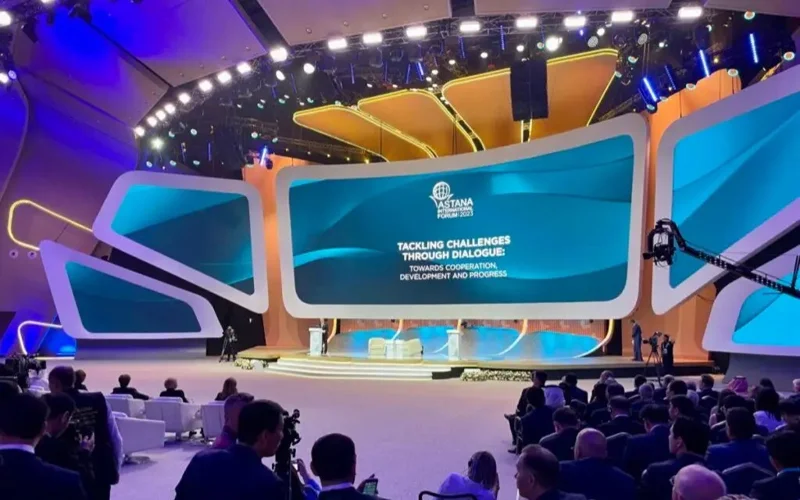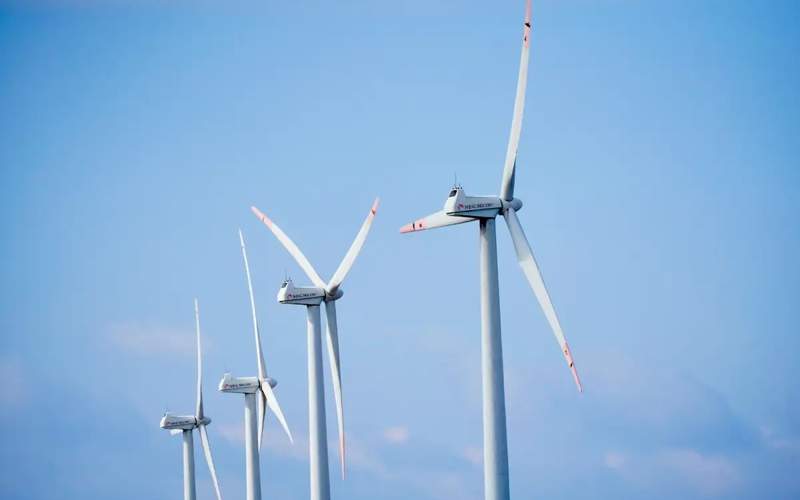How to make climate action truly inclusive – Astana International Forum
At the Astana International Forum session titled “The Innovation Challenge: Making Climate Action Work for All,” participants discussed what is needed to accelerate climate action in a way that benefits everyone, Kazinform News Agency correspondent reports.

The shift to clean energy is inevitable — the question is how fast
Francesco La Camera, Director-General of the International Renewable Energy Agency (IRENA), believes the transition to renewables is already underway — but not quickly enough to keep pace with escalating climate risks.
“This process is irreversible and unstoppable. We are moving toward a new energy system dominated by renewables. The challenge lies in the scale and speed of this transition,” he said.
La Camera pointed to three key structural barriers: a lack of flexible and interconnected energy infrastructure, outdated market and legal frameworks, and a shortage of skilled professionals.

According to him, today’s energy markets are still designed around traditional power systems, relying on short-term contracts and marginal pricing, which are poorly suited to renewables that involve high upfront costs but low operating expenses. He also emphasized the need for retraining programs and university education reform to ensure the resilience and security of a decentralized energy system.
Inclusion as a guiding principle
COP29 President Mukhtar Babayev offered an insider’s perspective on the global climate process. In a time of mounting crises, he said, success hinges on the ability to mobilize and unite diverse communities and interests.
“We’ve worked to build bridges and find fair solutions, because that is the only way the climate agenda can work for everyone,” said Babayev.
He cited several concrete initiatives: the Baku Financial Goal, aimed at supporting vulnerable communities; a program to protect women’s rights and extend the Lima Gender Action Plan; a digital inclusion initiative; and youth engagement efforts. He stressed the need for countries to develop “next-generation climate plans” — integrated with national development strategies, shaped through community consultations, and supported by sustainable political mechanisms.
The new governance architecture
Lord Francis Maude, Member of the House of Lords of the Parliament of the United Kingdom, emphasized the need to rethink how governments operate. According to him, climate policy is still largely seen as the responsibility of energy or environment ministries, whereas in reality it requires engagement across all sectors.
“Most governments are prisoners of the silo structure, but climate calls for a horizontal approach, the way successful businesses operate, through a matrix with real coordination from the center,” explained Maude.
He cited examples from collaboration with international development banks, where the focus is on integrating climate risks into fiscal planning. Maude stressed that the effectiveness of public spending is directly linked to decarbonization: the less waste and inefficiency, the smaller the carbon footprint.
“To make climate policy effective, we need to rethink the principles of governance themselves. The center of power must have the ability to see and manage the process in real time, otherwise, intervention comes too late,” noted Lord Francis Maude.
He concluded that the climate agenda is not just about the environment - it’s an opportunity to modernize public governance as a whole.
Earlier, Kazinform News Agency reported on the panel session “The Next Decade of Power: Redefining Global Influence” at the Astana International Forum.
